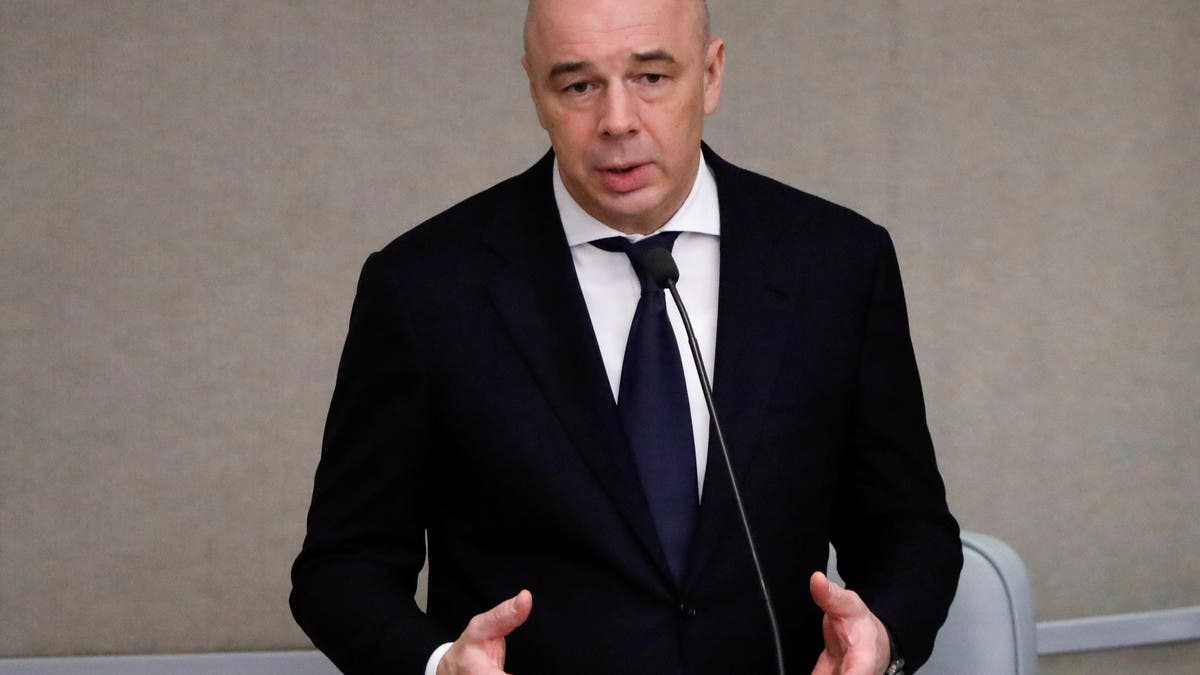Russia will pay rubles on its Eurobonds that can be later converted into foreign currency at the exchange rate on the day of payment and will use its rainy-day fund to help cover extra spending, Finance Minister Anton Siluanov said on Thursday.
The failure to send an interest payment to creditors in foreign currency is triggering a payout on debt insurance, taking Russia closer to its first international bond default since the Bolshevik revolution more than a century ago.
For the latest headlines, follow our Google News channel online or via the app.
“We are making every effort to ensure that our investors receive appropriate payments in order to fulfil all our obligations,” Siluanov told state broadcaster Rossiya-24.
Western governments froze about $300 billion of the central bank’s reserves after Moscow sent tens of thousands of troops into Ukraine in what it calls a “special military operation.”
The unprecedented asset freeze and sanctioning of Russia’s central bank have left Russia unable to service its foreign debt obligations in foreign currency, Moscow says.
Budget rules
Siluanov said Russia would use up to four trillion rubles ($71 billion) – or more than a third – of its rainy-day National Wealth Fund (NWF) to reduce the budget deficit in 2022 and might consider restarting borrowing on the domestic market.
Russia expected a deficit of about two percent of gross domestic product this year, Siluanov said, compared with a surplus in 2021.
Moscow is set to rely heavily on its $198 billion NWF to support the economy and cushion what central bank chief Elvira Nabiullina called a period of “large-scale structural transformation.”
The extra spending to plug the budget deficit comes on top of billions of rubles in support from the NWF for sanctions-hit state companies including Russian Railways and Aeroflot airline.
Siluanov, a veteran finance minister with a reputation for being a conservative manager of the economy, said Russia did not need to overhaul a stability-first economic approach even as it battles Russia’s deepest recession for at least two decades.
He said Moscow would not abandon its fiscal rule that directs profits from oil and gas exports to the NWF but said the finance ministry would recommend adjusting the rule to consider oil production levels, not just global prices as is now the case, to determine how much cash was stored in the fund.
President Vladimir Putin has told the government to draw up a new framework for the NWF by the end of July to boost growth.
“The modification of the rules provides not only a softening of the principles, but greater flexibility,” Siluanov said, adding that Russia would “soften” its approach to government finances over the next two years.
Read more:
Data reveals how Ukraine-based companies employing expats reacted to Russian invasion
UK sanctions on Russia’s Patriarch Kirill ‘absurd’: Church
US will not press Ukraine to make territorial concessions to Russia: Sullivan

 World2 years ago
World2 years ago
 World2 years ago
World2 years ago
 Entertainment7 years ago
Entertainment7 years ago
 World7 years ago
World7 years ago
 Entertainment7 years ago
Entertainment7 years ago






